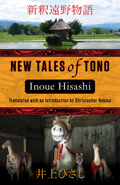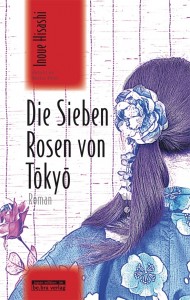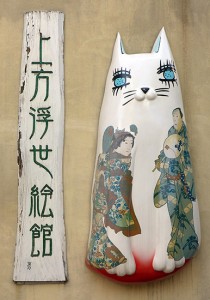 [The following text is the English abstract of my PhD thesis.] [Deutsche Version] [日本語]
[The following text is the English abstract of my PhD thesis.] [Deutsche Version] [日本語]
One major goal of my dissertation thesis is to present a better understanding of the work of Inoue Hisashi by explaining the role of its immanent intertextual references and dependencies. Special focus is placed on references to the so-called gesaku literature of the late Edo period.
Gesaku is characterised by its humour and the imaginative way it deals with language; on occasion it even demonstrates a certain resistance against the authorities. Until recently, gesaku has been considered trivial and even vulgar, and has been the topic of little scientific research. Its rediscovery by Western scholars began in the late 1970s. In Japan, the term emerged post-WW2 in the context of some contemporary authors like Sakaguchi Ango (坂口安吾, 1906–1955), Nagai Kafū (永井荷風, 1879–1959), Ishikawa Jun (石川淳, 1899–1987), Inoue Hisashi (井上ひさし, 1934–2010) or Tsutsui Yasutaka (筒井康隆, 1934), which were called “New gesaku Writers” (shin gesaku sha) by critics. Continue reading ‘Gesaku in the Work of Inoue Hisashi’ »




